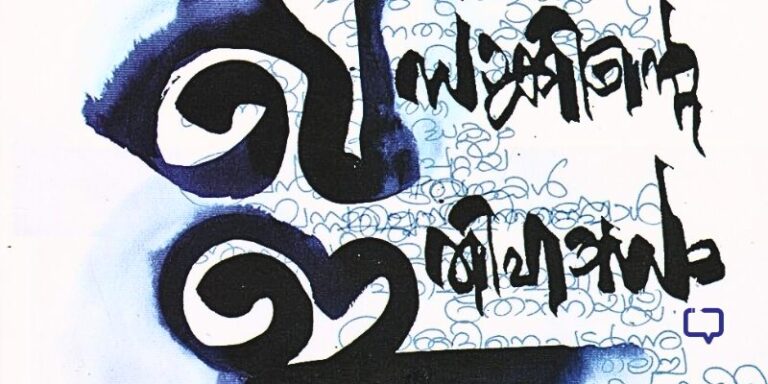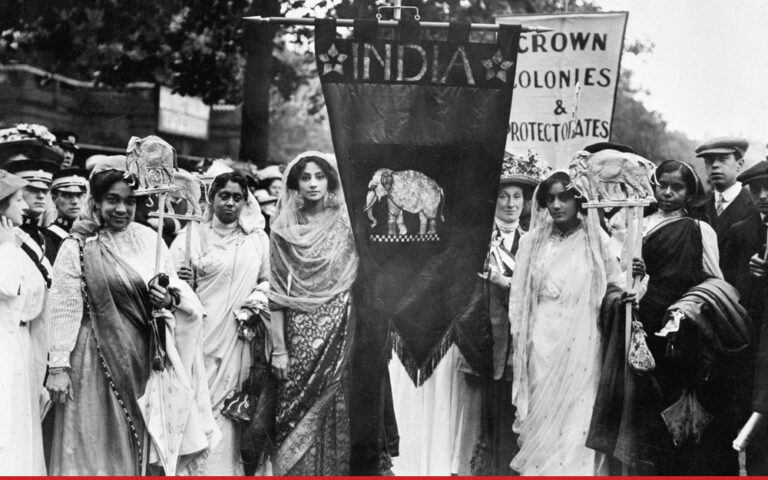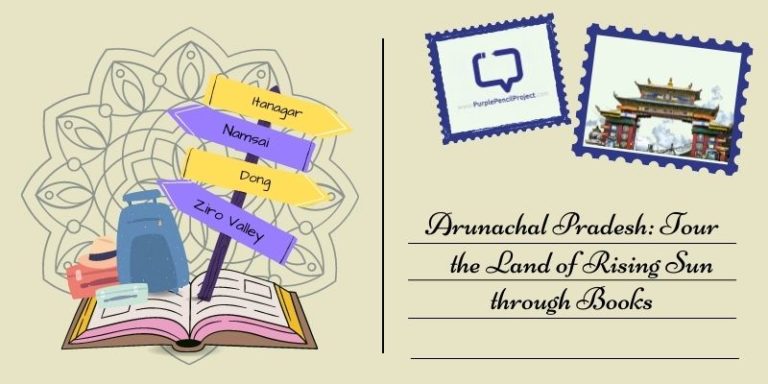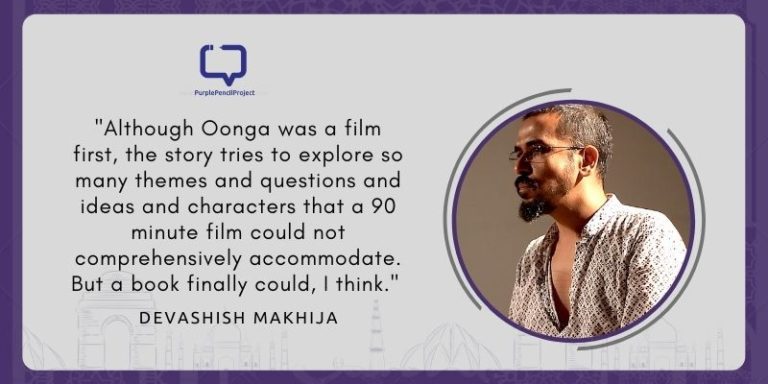Sakhi Gundeti reviews Sinema: The Bollywood Bungle of Andy Duggal by Vikram Singh (published by Speaking Tiger, 2024).
Vikram Singh’s Sinema follows Anand (Andy) Duggal, a third-generation film producer from Mumbai caught up in a series of personal and professional crises. He’s getting divorced, his film isn’t doing well due to the lead actor’s absence and a lack of funds, he has no control over his substance abuse, Mumbai’s chaotic traffic annoys him, and his mother won’t help him with anything, no matter what.
As interesting as Andy is, so is the guy causing trouble in his life. Javed Supari is a gangster to whom Andy owes money. He’s not your typical angry, macho don. He is subtle in his violence and uses it only to maintain his image of a daunting gangster. He then provides free treatment for his victims, which is fresh and funny for an antagonist.
Throughout his journey, Andy gets multiple chances to redeem his film and his relationships with the closest people in his life. Yet he doesn’t seem to fix any part of his life fully. His choices place him in situations he never thought he’d end up in, and thus, they make him a pretty grey character as the plot moves forward. You like and dislike him; you want him to learn his lessons while, at the same time, you end up rooting for him.
The book is easy to read. Vikram Singh sprinkles the dialogues with colloquial Hindi words to make the characters seem more realistic and relatable. It’s not a book that would force you to turn to a dictionary, so it allows you to engage with the story without getting distracted often. Plus, the story has an ironic, unpredictable ending, which sums up its essence pretty well.
Recommended Reading: Enjoyed Heeramandi? Read These 12 Books to Learn More About Courtesans!
The Unknown Side of the Hindi Film Industry
Through Andy’s attempts to revive his film and pay off his debt, we see the inner workings of the Hindi film industry. The behind-the-scenes shenanigans, gossip, nepotism, and pandering are fun and insightful to explore. You see how the industry treats newcomers and people from film families differently and how both categories must work hard and strategize to survive.
Andy is not only a product of his decisions but also the superficial environment he has lived in. In his world, the relationships people have with each other are portrayed as surface-level most of the time. They’re highly transactional, as people act nice if they expect to find work or pull a favour through someone. They choose to ignore them if the person isn’t successful or influential enough to help them out. Andy is not an exception to this and doesn’t even try to be one.

The book is relevant to our current times as it highlights what goes behind the so-called film controversies, which might be staged to seek attention and get free publicity. It also explains how producers might deliberately sabotage or attack their films to gain sympathy and make people talk about them. It emphasizes the extent to which some producers can go to save the money they’ve put on a film.
Mumbai as a Character
Vikram Singh’s Sinema is set in Mumbai, mostly in Bandra and Andheri – the filmy areas filled with studios, struggling actors, producers, and everyone associated with moving pictures. As a screenwriter from Andheri, I found these parts relatable and funny. For example, Vikram Singh describes Andheri as the “armpit of Mumbai”, which I found amusing and unfortunately true at the same time. In another part, he describes Andy’s journey to Bhayander as if it were some sort of an adventure he reluctantly had to take up.
Recommended Reading: Searching For the Dickens of the Hindi Cinema Screen
Just as the people around Andy make his life hell, so does Mumbai. Its traffic, pollution, honking, and general street annoyance are common occurrences throughout the book. The different parts of Mumbai also indirectly reflect the various characters in the novel and the way Andy feels around them, and I found it to be a great way to personify a city.
Favourite Quotes from Sinema by Vikram Singh
Any other species, Andy thought, would have been ground to a mushy paste in less than a few hours in this traffic. But the Mumbaikars were a special breed. They didn’t baulk at spending 50 percent of their lives in traffic. Their ‘dilli-tamanna’ – deep seated aspiration – limited itself to the four-five metre turning radius.
Andy plays neither the villain nor the victim, choosing instead to play survivor. Andy projects the spirit of Mumbai. He is the man who kept on keeping on.
Conclusion
Sinema by Vikram Singh is a great book if you want to get out of a reading slump while reading something interesting and funny. It’s a bonus if you are interested in Hindi films and want to know what goes into their making. The book sometimes feels lengthy with unnecessary details as a few minor scenes get elaborated a bit too much, which affects the pace of an otherwise pretty quick book. Overall, Vikram Singh’s book is a good read with many insights and is worth checking out.
Have you read this dramatic story that provides a glimpse into Mumbai’s bustling film world? We’d love to hear your thoughts! Comment below and let us know.






















